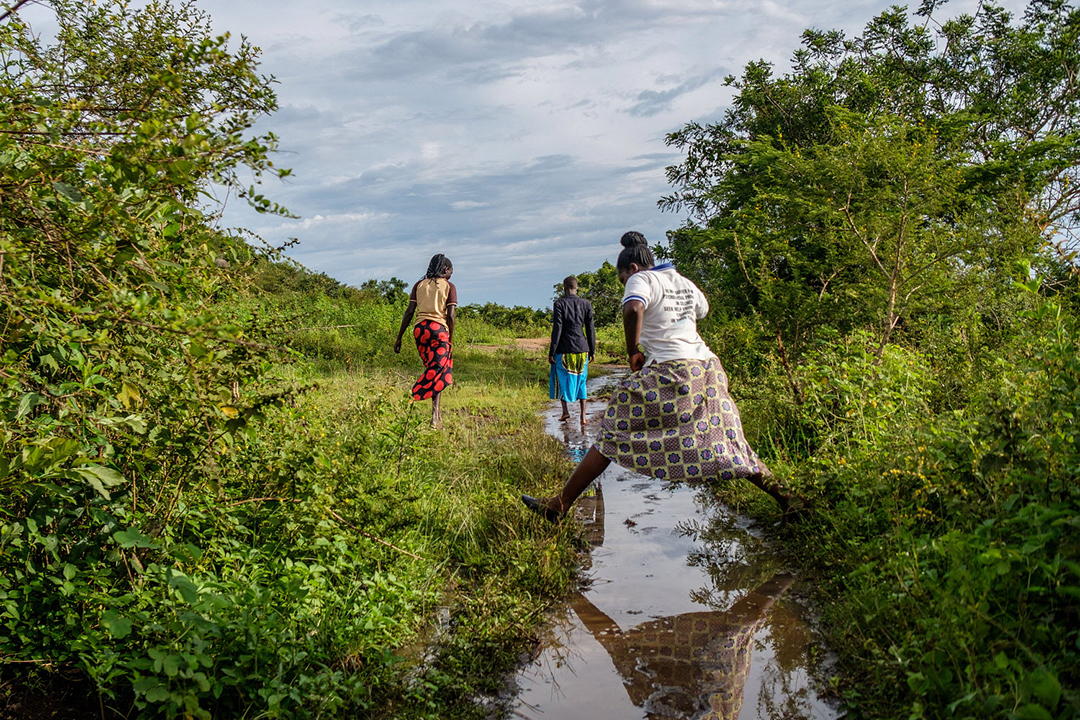The International Institute for Sustainable Development (IISD) and the World Resources Institute (WRI) have launched a project that will use nature-based solutions (NbS) to undertake watershed restoration and climate change adaptation actions in cities in sub-Saharan Africa. The projects aims to improve the resilience of 2.2 million people in Dire Dawa (Ethiopia), Kigali (Rwanda), and Johannesburg (South Africa).
The Scaling Urban Nature-based Solutions for Climate Adaptation in Sub-Saharan Africa (SUNCASA) project, managed jointly by IISD and WRI and implemented by local partners, policymakers, and stakeholders, is also expected to deliver indirect benefits for an estimated 7 million people residing in these cities by promoting gender equality and social inclusion and strengthening biodiversity protection.
Collaborative actions, identified in consultation with key stakeholders, include:
- Dire Dawa: catchment restoration in the Dechatu River for flood risk reduction and water stress mitigation, and tree planting and green space development to alleviate the heat island effect in the city’s lower-income neighborhoods;
- Kigali: restoration of six critical upstream micro-catchments of the lower Nyabarong River watershed to reduce downstream floods and landslide risks; and
- Johannesburg: removal of invasive alien species (IAS), afforestation, reforestation, and riverbank restoration in the Jukskei River catchments to reduce flood risk and increase water quality.
By focusing on actions that reinforce or restore natural solutions for water management and by engaging women and vulnerable communities in the three cities, the SUNCASA project seeks to demonstrate the possibility of a “triple win” for climate, society, and biodiversity with gender responsive NbS.
SUNCASA “will allow IISD and WRI to work with cities across the continent to mobilize political support, deliver technical assistance, and unlock finance, effectively streamlining the process to scale up nature-based solutions to support vulnerable communities,” said WRI’s President and CEO Ani Dasgupta, launching the project.
IISD’s CEO and President Patricia Fuller acknowledged SUNCASA as “a tremendous opportunity” to advance NbS to deliver “wide-ranging benefits for people and the planet.”
Launched on 22 May 2024, the three-year project is funded through Global Affairs Canada’s Partnering for Climate Program. It runs until 2026. [IISD Press Release] [WRI Press Release]
